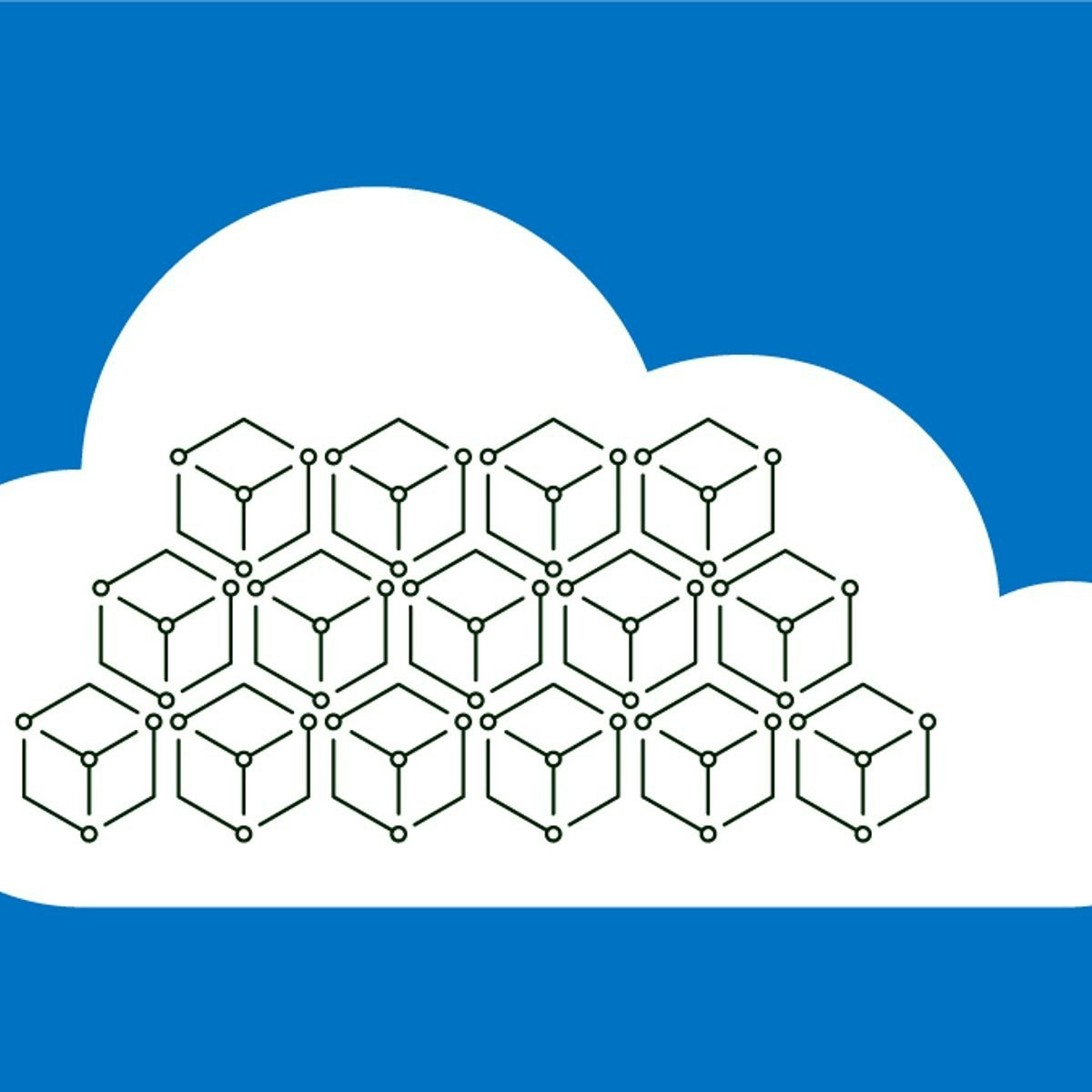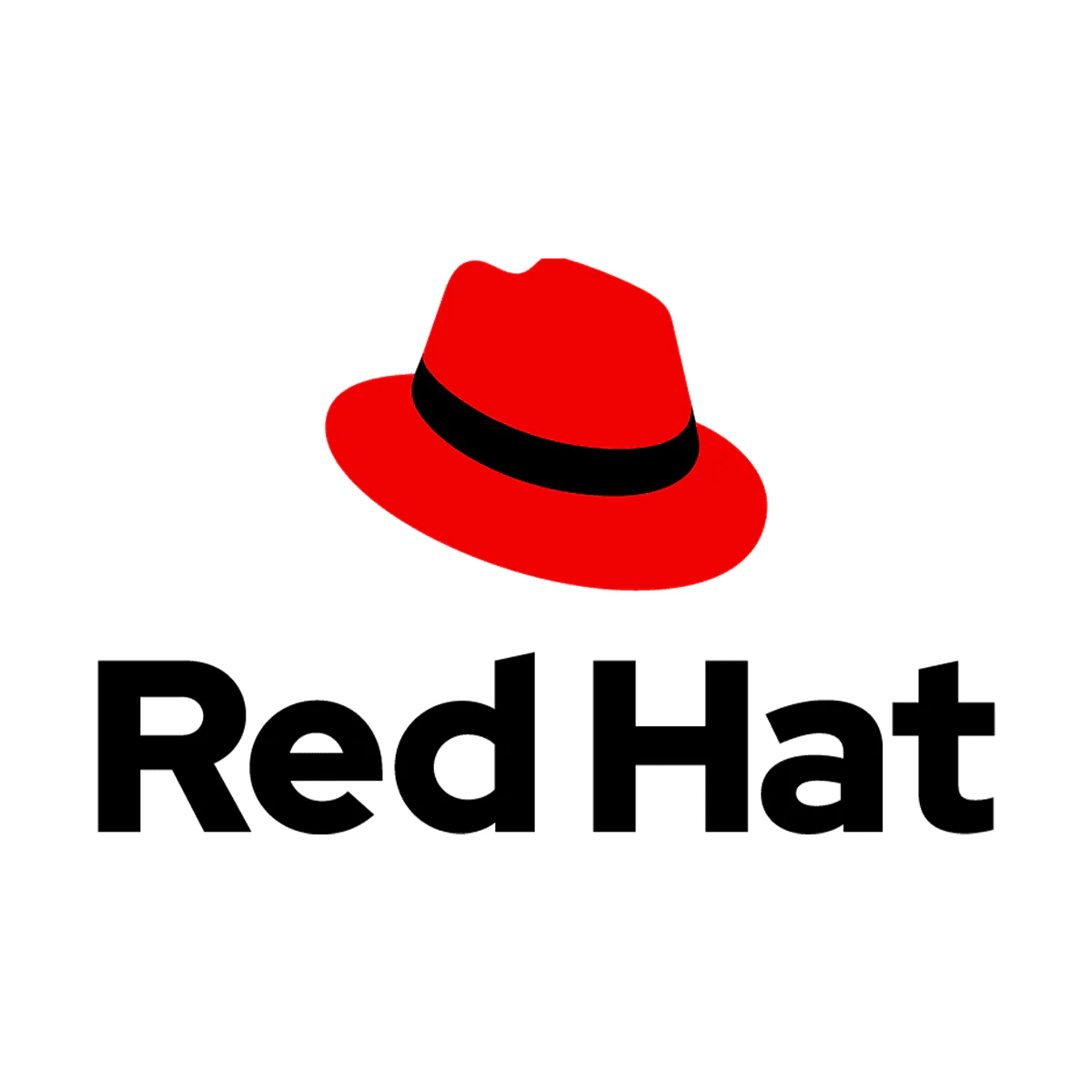Back to Courses









Cloud Computing Courses - Page 33
Showing results 321-330 of 930

Internet of Things: Qwik Start
This is a self-paced lab that takes place in the Google Cloud console. This lab shows you how to use Google Cloud Platform Console to create a Cloud IoT Core device registry and register a device. It also shows you how to run a sample to connect a device and publish device telemetry events.

Full Stack Software Developer Assessment
This is the final course in the Full Stack Professional Certificate. It will test your knowledge and the skills you’ve acquired so far. This course contains the graded final examination covering content from nine of the eleven courses in the certificate.
You will be assessed on topics such as core cloud computing concepts; languages such as HTML, CSS, JavaScript, and Python; frameworks such as Node.js and React; and backend technologies such as Docker, Kubernetes, OpenShift, SQL, Django, and Serverless.

Foundations of Red Hat Cloud-native Development
Foundations of Red Hat Cloud-native Development (DO100a) is designed for IT professionals without previous cloud application deployment experience to learn basic Kubernetes skills. This course is a part of a three-course specialization. In this specialization, you will run, deploy, and test containerized applications with zero-downtime releases.

Deploy a Web App on GKE with HTTPS Redirect using Lets Encrypt
This is a self-paced lab that takes place in the Google Cloud console.
This lab shows you how to deploy a web app with a browser-trusted TLS certificate. You also deploy an HTTPS redirect on GKE using Let's Encrypt, NGINX Ingress, and Cloud Endpoints.

DevOps on AWS: Operate and Monitor
The third and the final course in the DevOps series will teach how to use AWS Services to control the architecture in order to reach a better operational state. Monitoring and Operation are key aspects for both the release pipeline and production environments, because they provide instruments that help discover what's happening, as well as do modifications and enhancements on infrastructure that is currently running.
This course teaches how to use Amazon CloudWatch for monitoring, as well as Amazon EventBridge and AWS Config for continuous compliance. It also covers Amazon CloudTrail and a little bit of Machine Learning for Monitoring operations!

Version Control
Learn how modern software developers collaborate across the world without messing up each other's code. You will look at the different version control systems and how to create an effective software development workflow. You will be introduced to some of the most commonly used Linux commands that you can use to work with files on your hard drive and create powerful workflows that will automate your work, saving you time and effort.
Finally, you will see how Git can be used in software development projects to manage team files. And you will create a repository that can manage code revisions.

SAP Professional Fundamentals
SAP Professional Fundamentals is the first course in the SAP Technology Consultant Professional Certificate program. The course introduces you to the world of consulting and the range of skills that you need to succeed in this competitive field.
You’ll explore SAP professional consulting roles and discover what technical consultants, functional consultants, and other professionals do. You’ll investigate the wide range of skills consultants need to have, for example strategic thinking, business process analysis, systems and design thinking, and understanding data, as well as effective soft skills, communication and relationship management. You’ll explore various planning and project management methodologies such as Waterfall, Agile, DevOps, and Cloud. Plus, you’ll start to get a feel for the whole SAP journey, from engaging with the customer to deploying a solution.
By the end of this course, you will be able to:
Explain what is meant by the SAP ecosystem and the value it brings to customers.
Describe what different SAP professionals do and how they engage with customers.
Understand the core and soft consulting skills that are both in highest demand, and frequently not taught in classroom environments.
Describe a typical SAP engagement and how key professional skills are used at each stage of the SAP Implementation Lifecycle.
Describe key roles with whom an SAP professional typically collaborates.

Introduction to Android Mobile Application Development
This course is an ideal stepping stone if you want to become a mobile developer. We’ll introduce you to this career path and give you a high-level overview of programming and the tools needed to develop Android applications.
Explore the Android Studio and the fundamental concepts of Android app development. Learn about operating systems and different platforms for creating mobile apps. You’ll conclude your introduction to Android application development by building out each aspect of a guided project.

Cloud CDN
This is a self-paced lab that takes place in the Google Cloud console. In this lab, you configure Cloud CDN for a backend bucket and verify caching of an image.

Configure Replication and Enable Point-in-Time-Recovery for Cloud SQL for PostgreSQL
This is a self-paced lab that takes place in the Google Cloud console. In this lab you will configure and test point-in-time recovery for a Cloud SQL for PostgreSQL instance.
